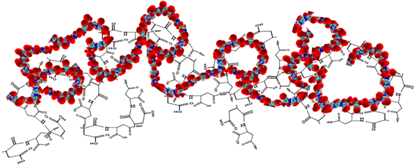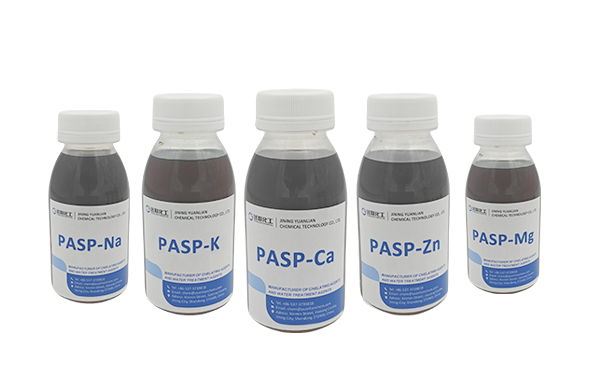
Boost Crop Yield & Quality with Polyaspartic Acid (PASP) - The Ultimate Fertilizer Efficiency Enhancer
Introduction
Maximize your crop potential with Polyaspartic Acid (PASP), a revolutionary plant growth enhancer that significantly improves fertilizer efficiency, increases yield, and enhances crop quality. Backed by extensive research from leading agricultural institutions, PASP is the smart choice for modern farmers aiming for sustainability and profitability.

Increase Fertilizer Efficiency & Reduce Costs
Studies from the Chinese Academy of Agricultural Sciences demonstrate that PASP dramatically improves nutrient utilization:
-
Nitrogen use efficiency ↑ 60.3%
-
Phosphorus use efficiency ↑ 5.3%
-
Potassium use efficiency ↑ 16.7%
Reduce fertilizer application by up to 20% while preventing nutrient deficiency symptoms. PASP's long-lasting effects even benefit subsequent crops, making it a cost-effective solution for continuous cropping systems.
Significantly Improve Crop Yield
Field trials across multiple crops show consistent yield increases:
-
Corn: +17.0% yield (798 kg/mu)
-
Wheat: +17.6% yield (602 kg/mu)
-
Rice: +20.0% yield (732 kg/mu)
-
Tomatoes: +18.8% yield (5760 kg/mu)
PASP enhances root development, increases tillering, and improves grain filling for remarkable production gains.
Enhance Crop Quality & Market Value
PASP doesn't just increase yield - it improves quality parameters:
-
Tomatoes: Sugar content ↑ 18-22%, Vitamin C ↑ 15-20%
-
Grapes: Anthocyanins ↑ 35%, improved tannin structure
-
Rice: Protein content ↑ 12.3%, better starch ratio
-
Oil crops: Oil content ↑ 9.8%, improved fatty acid profile
Reduce nitrate content in leafy vegetables by 31.5% and enhance nutritional value across all crops.
Strengthen Root System & Stress Resistance
PASP promotes robust root development:
-
Root hair density ↑ 40-60%
-
Root surface area ↑ 53% in corn
-
Lateral roots ↑ 35% in wheat
This enhanced root system improves drought resistance, salt tolerance, and nutrient uptake efficiency, especially in challenging soil conditions (pH 8.2-8.7).
Heavy Metal Control & Environmental Safety
In cadmium-contaminated fields (1.2 mg/kg soil), PASP reduced rice cadmium accumulation by 52% while simultaneously improving protein content. Its biodegradable nature makes it an environmentally safe choice for sustainable agriculture.
Application & Recommendations
Recommended dosage: 0.5–1.2 kg/mu (molecular weight 5000–20000 Da). Suitable for various crops including cereals, fruits, vegetables, and oil crops. Particularly effective in saline-alkali soils and continuous cropping systems.
Conclusion

Polyaspartic Acid represents the next generation of agricultural technology - combining proven yield increases, quality improvement, and environmental safety. Join thousands of progressive farmers who are already benefiting from PASP technology. Contact us today to learn how PASP can transform your farming operation.
Yuanlian Chemical specializes in the production of polyaspartic acid (PASP),tetrasodium iminodisuccinate(IDS), GLDA, MGDA etc. with stable quality and excellent quantity!





Contact us